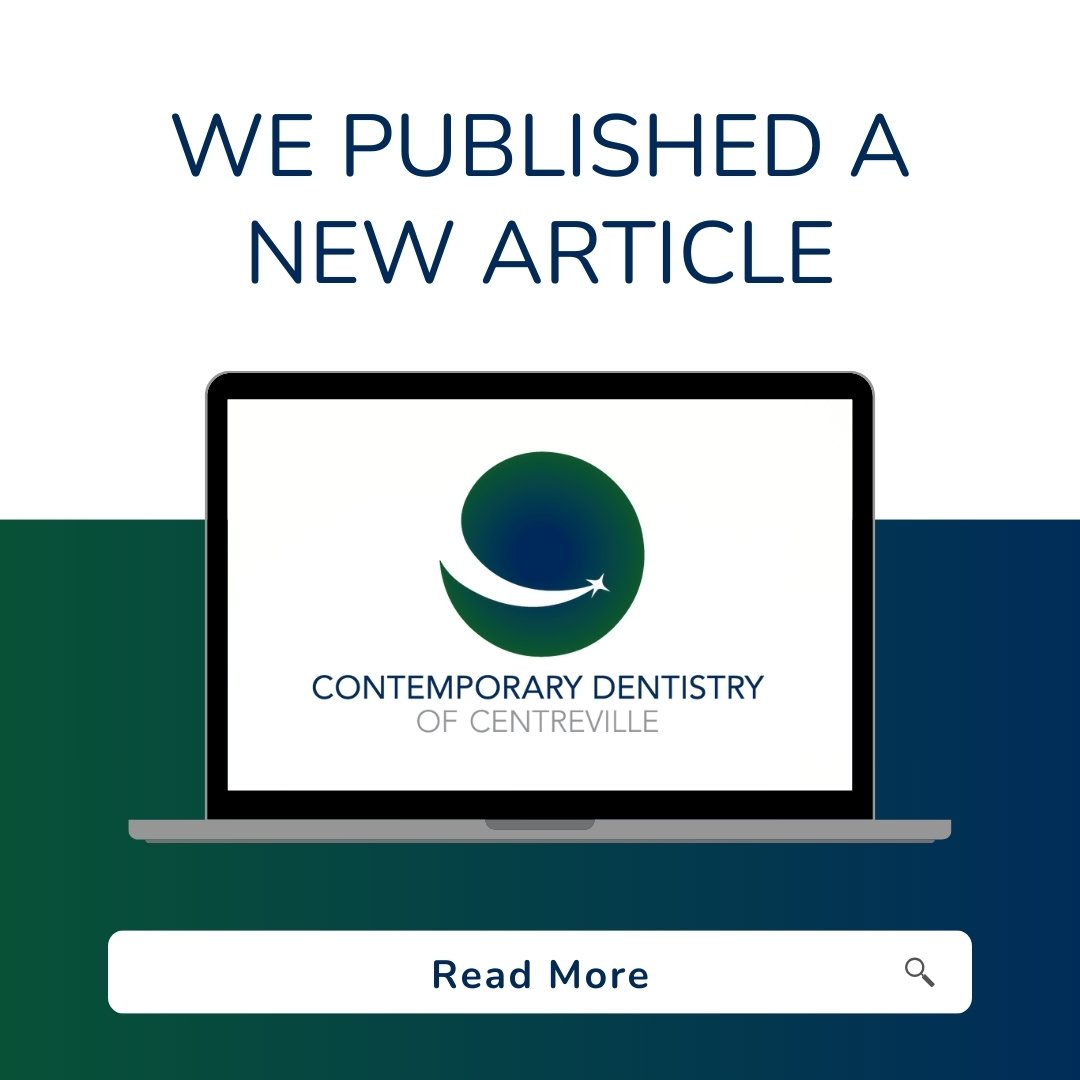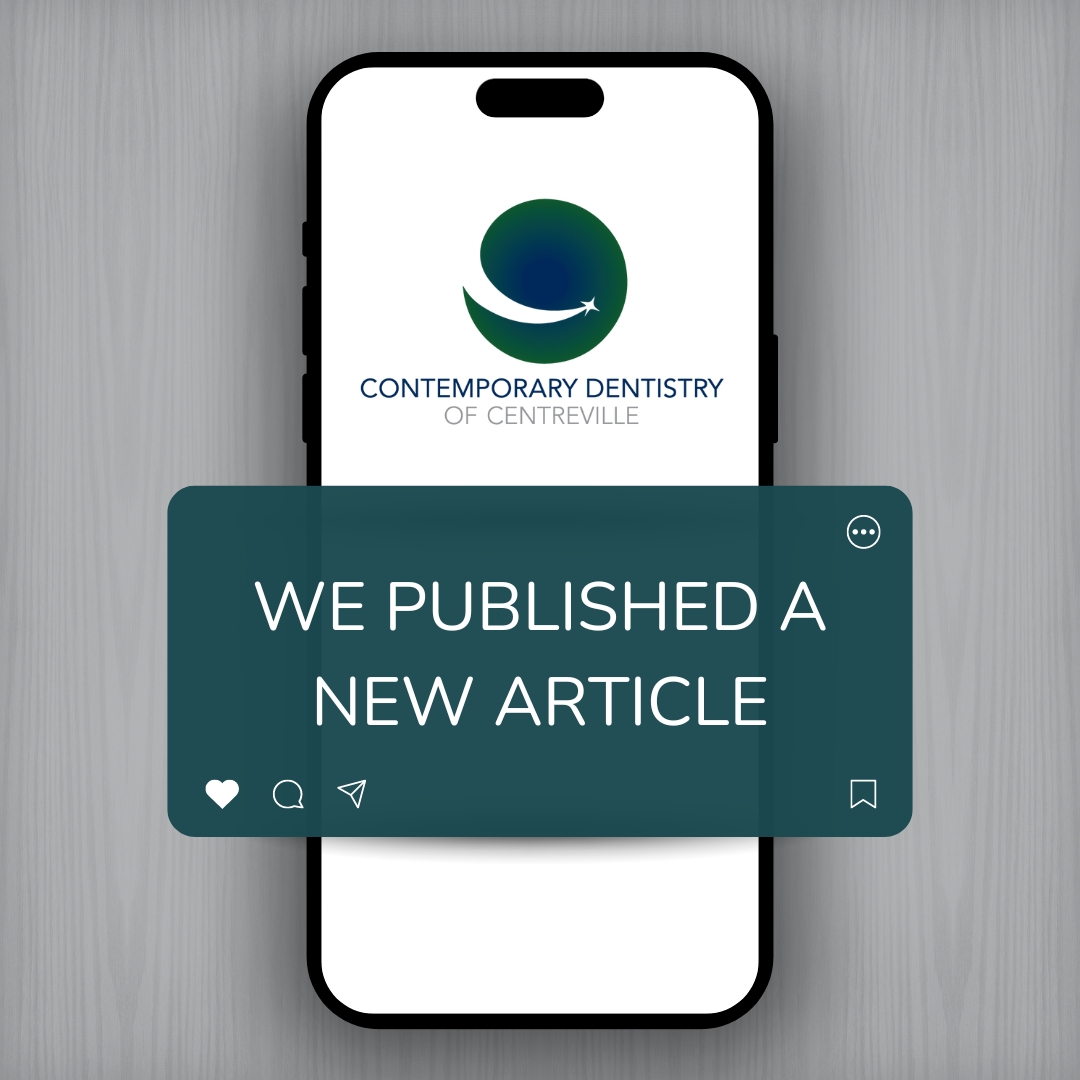
MAINTAINING GOOD ORAL HEALTH is crucial for everyone, but that can mean different things for men than for women. That’s why we’ve put together a list of concerns men should particularly watch out for, as well as some tips for keeping your teeth and gums clean and healthy!
Brush That Charming Smile!
Many women say a man’s most attractive feature is his smile. However, on average, men tend not to take care of their teeth as well as women do, and that puts those charming smiles at risk! According to a national survey, men were 20% less likely than women to brush their teeth twice a day, and they also change their toothbrushes less often. Make sure you’re brushing two minutes twice a day and regularly replacing that toothbrush like you’re supposed to!
The good news? Your luxurious beard might actually be helping you keep harmful germs away from your face and out of your mouth!
Minimizing Risk Factors For Disease
Because men tend to chew tobacco, smoke, and drink more than women, they become more susceptible to the oral health consequences that come with those substances, such as periodontitis, tooth loss, and even oral cancer. Make sure to avoid habits like these that put your oral health at risk!
Greater Risks Of Dry Mouth
Men are statistically more likely to suffer from high blood pressure and heart disease than women, and with these kinds of diseases comes the need for medication. One very common side-effect of many such medications is dry mouth.
Saliva is crucial to good oral health because it washes away bacteria and regulates the mouth’s pH. When the saliva runs dry, there’s an increased risk of cavities, gum disease, and even bad breath. If you’re experiencing problems from dry mouth, please don’t hesitate to schedule an appointment with us.
Be A Man: Go To The Dentist
This leads us to another problem that impacts men more than women, and that is the tendency to neglect regular dental visits. Prevention is crucial to good oral health, which is why we recommend that all patients schedule an appointment every six months, whether or not anything seems to be wrong with their teeth.
Let’s Keep Those Pearly Whites Shining!
Don’t take the “tough guy” approach with your dental health by holding out until you’re experiencing significant tooth pain or some other obvious problem before you come see us. Always make sure to schedule those regular appointments so that we can help you get ahead of any problems, and keep up with your good oral health habits in the meantime!




















